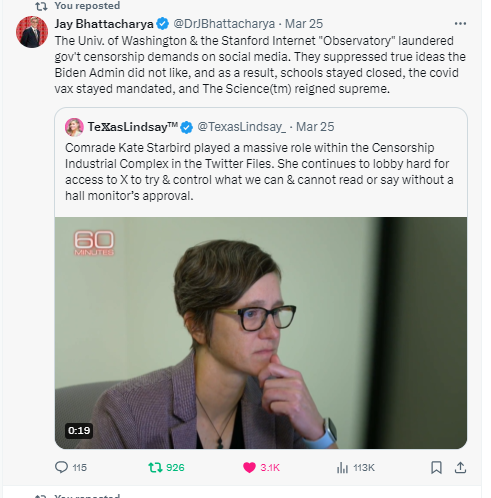Meanwhile, Librarians at Public Libraries Work Overtime to Protect Us from Harmful Books
As reported by FAIR, in "All Is Not Quiet In the Library Catalogs: Navigating the changing landscape of library cataloging":
Traditional cataloging practice requires the cataloger to describe the book as objectively as possible; there are even specific guidelines reminding catalogers not to select subject headings (those hyperlinked topic descriptors in the record) based on their own values and beliefs. One of the first questions I was asked in my hiring interview was to confirm that I would agree to catalog materials that I, personally, found offensive. After all, libraries—and, by extension, catalogers—are supposed to be guardians of free speech and intellectual freedom. We do not know who will be looking for the materials and for what purpose, and so we have to be fair, accurate, and objective in order to make it easier for the material to be found. But it seems that now the overriding duty of the cataloger is to protect the patrons from the harm that the records (not even the materials!) may cause them.
In the discussions I mentioned above, fellow catalogers were unabashedly stating that certain marginalized groups should get to decide how a book should be labeled. If a cataloger who is a member of a marginalized social group believes the book in question is harmful or offensive, he is fully in the right to add a note in the catalog stating his beliefs. Thus we now have four books in the international catalog (used by libraries worldwide) with the label “Transphobic works”. Several books that are critical of the current gender affirmation care model now have the subject heading “Transphobia”. These books are not about transphobia, so the subject heading is likely being used as a way to warn the reader of the record (and potentially the librarian choosing which books to order for the library) that these are “bad books” and should not be read or purchased.

